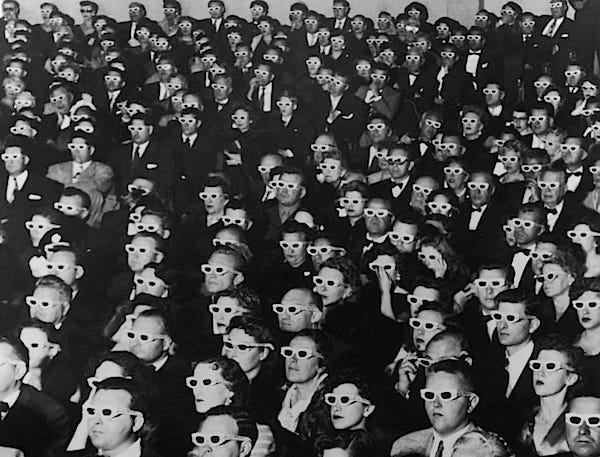
Girls are entering into the juvenile `justice’ system at an alarmingly increasing rate. One reason is that girls are arrested more often than boys for status offenses and are more severely punished for those offenses. The thing is those `offenses’ are not crimes. That’s what makes them `status’ offenses. If the girls were older, there would be no offense, no crime.
But they are girls, and they must be protected from themselves. This is the vicious cycle that has been constructed in exactly the same period that has witnessed girl power on the rise: “In a 2010 national census of youth in custody, girls comprised 16% of all detained youth but 40% of those were detained for a status offense. At one time and in some states, girls comprised more than 70% of youth detained for status offenses.” This is the United States’ program of no girl left behind. This is girls’ educational program in the United States.
Why are girls so lucky, when it comes to prison? One answer is paternalism, which expresses itself as a need to protect girls from themselves and the world; a curious comfort with “with using locked confinement to access services for girls with significant needs”; and intolerance towards “girls who are non-cooperative and non-compliant.” Boys will be boys, and girls will be jailed.
At the same time, “lesbian, gay, bisexual, transgender and questioning (LGBTQ) youth are twice as likely as other youngsters to be detained in a juvenile detention facility for status offenses.” Why? LGBTQ youth often run away from home or, more precisely, from family rejection. According to one report, 40 percent of homeless youth self-identify as LGBTQ. Living on the streets means engaging in “survival crimes”, like theft. But it also involves an expanding and intensifying universe of so-called status offenses. Once again, LGBTQ youth are jailed to protect them from themselves.
This program for LGBTQ kids is the United States national education program. In schools LGBTQ children suffer harsher punishment, both formal and informal, for truancy, absenteeism, and dress code violations. A vicious school-to-prison pipeline drives the “non-cooperative and non-compliant” further and further into the ground … or else.
Today, the Treatment Advocacy Center released The Treatment of Persons with Mental Illness in Prisons and Jails: A State Survey. Here are the numbers: “In 2012, there were estimated to be 356,268 inmates with severe mental illness in prisons and jails. There were also approximately 35,000 patients with severe mental illness in state psychiatric hospitals. Thus, the number of mentally ill persons in prisons and jails was 10 times the number remaining in state hospitals.” Since 2008, the situation has worsened.
From girls to LGBTQ youth to those living with severe mental illness, the crime committed is that of living, of being alive. And what of those at the crossroads of this nightmare, what of young lesbians who are living with severe mental illness? They are marked as non-cooperative and non-compliant, many times over. They were never meant to survive.
(Photo Credit: https://youngfolksrevolution.wordpress.com)



